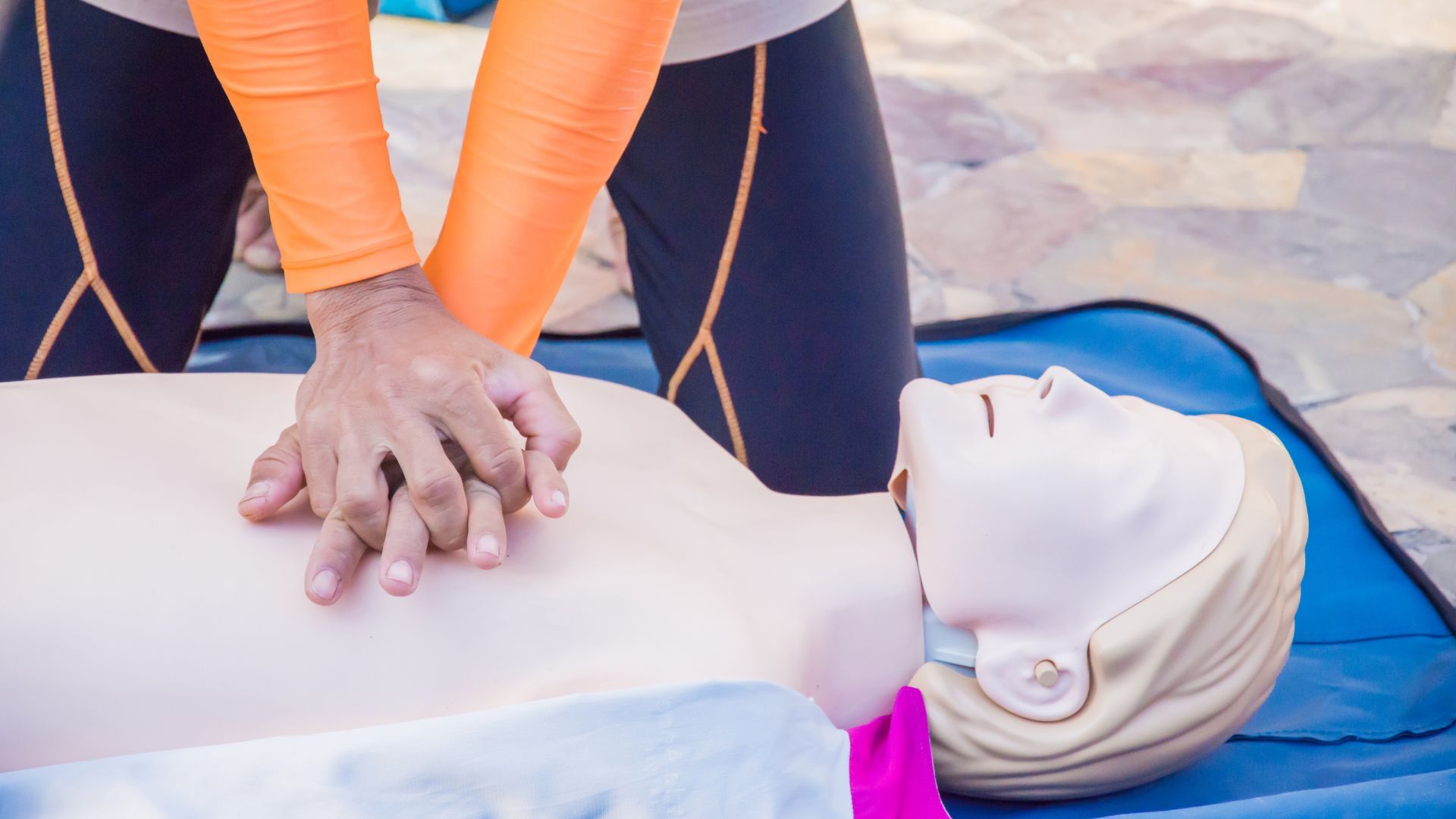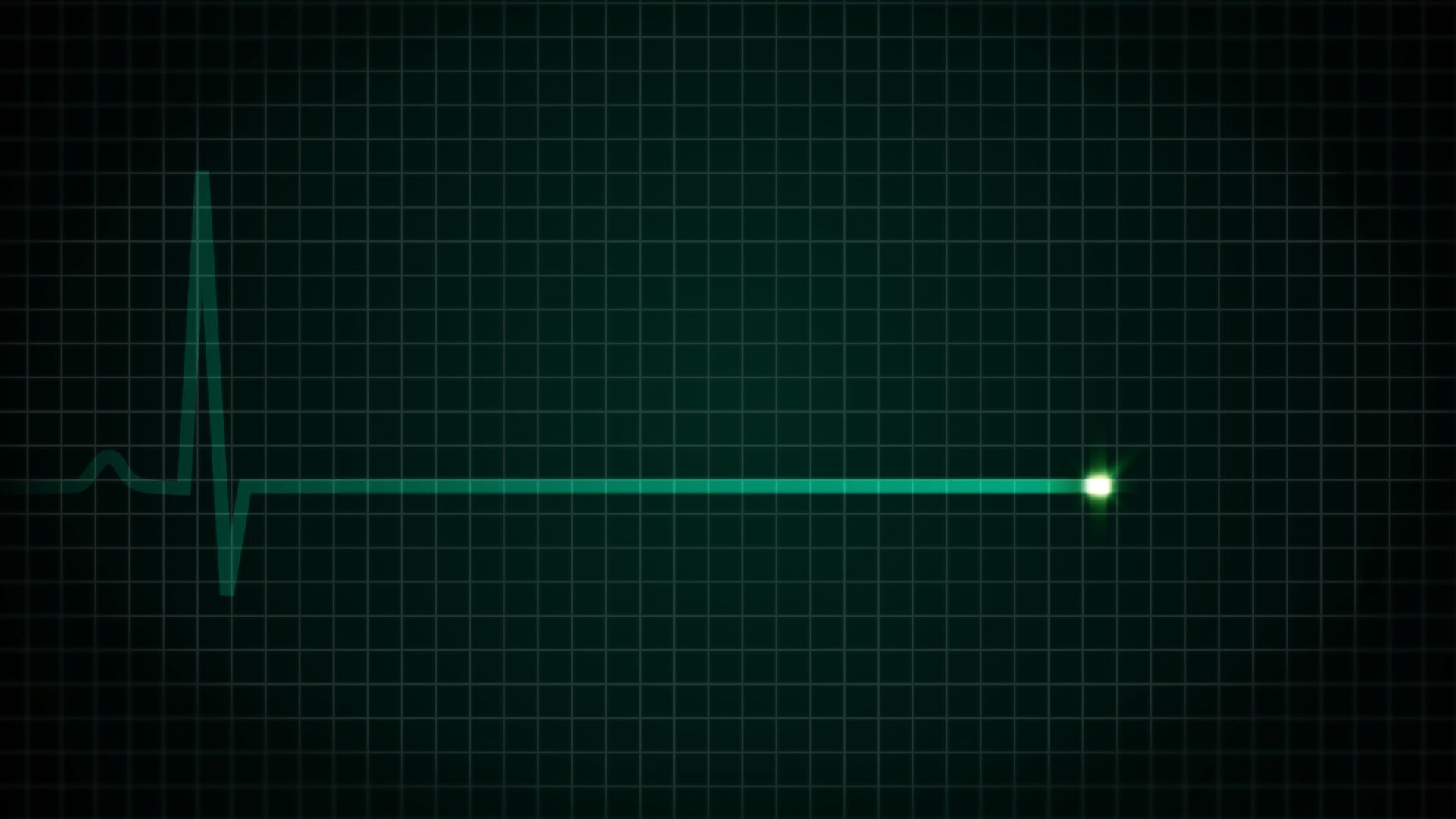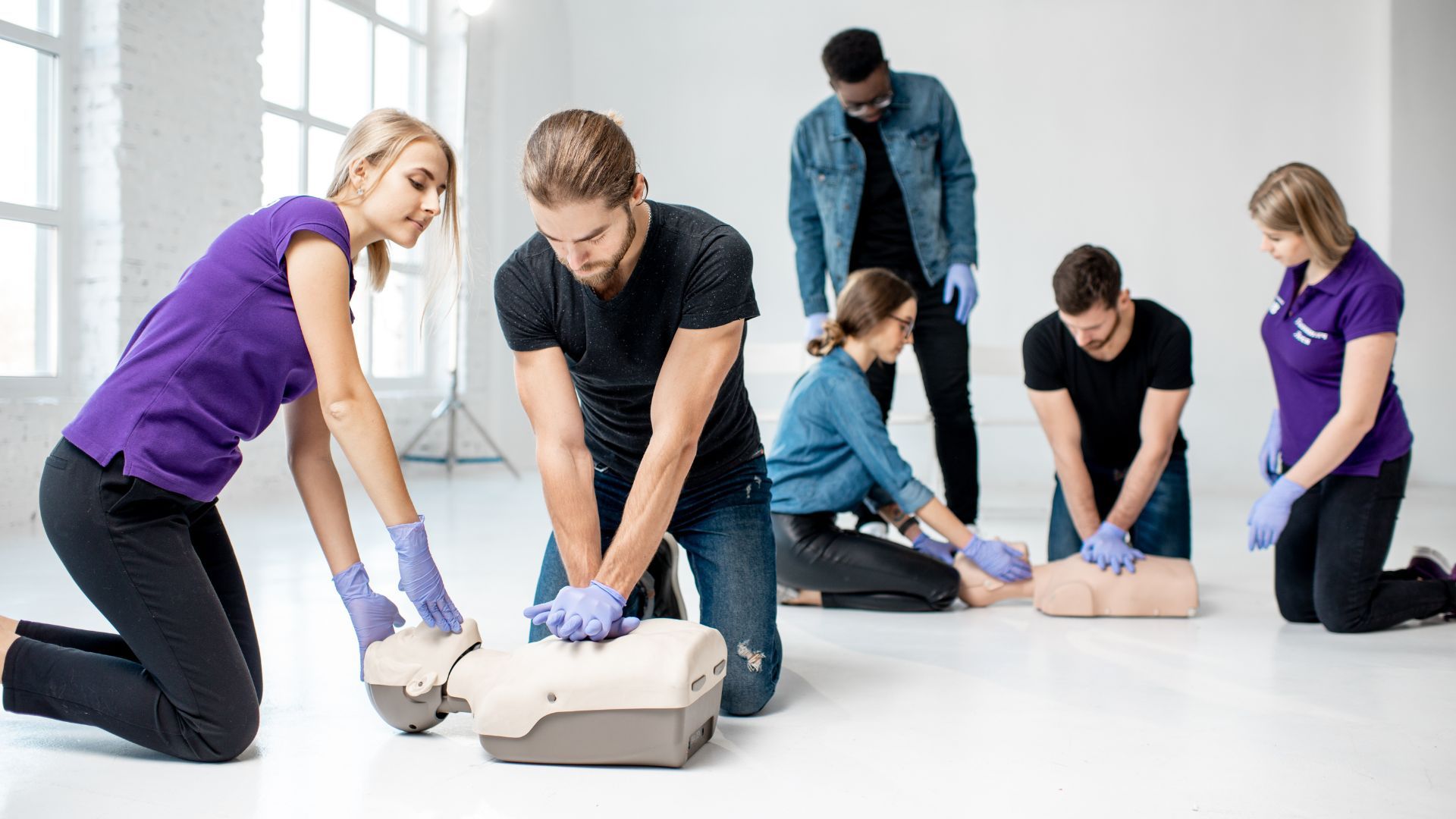What is Cardiac Arrest
Cardiac Arrest Pronunciation: ˈkär-dē-ak ə-ˈrest
Definition: Cardiac arrest is a sudden and unexpected loss of heart function, breathing, and consciousness. It occurs when the heart’s electrical system malfunctions, causing the heart to stop beating effectively. This leads to a lack of blood flow to vital organs, including the brain, which can result in death if not treated immediately.
Frequently Asked Questions About Cardiac Arrest
What causes cardiac arrest?
Cardiac arrest can be caused by various factors, including:
- Coronary artery disease or heart attack.
- Electrical problems in the heart, such as arrhythmias.
- Structural heart problems, like cardiomyopathy or congenital heart disease.
- Trauma or injury to the heart.
- Drug overdose or poisoning.
- Electrolyte imbalances, like low potassium or magnesium levels.
What are the signs of cardiac arrest?
Signs of cardiac arrest include:
- Sudden loss of responsiveness: The person does not respond to touch, sound, or other stimuli.
- No normal breathing: The person is not breathing or is gasping for air.
- No pulse: The person does not have a detectable pulse.
What should I do if I witness someone experiencing cardiac arrest?
If you witness someone experiencing cardiac arrest, take the following steps:
- Call 911 or your local emergency number immediately.
- Begin CPR (Cardiopulmonary Resuscitation) by providing chest compressions and rescue breaths if you are trained to do so.
- Use an Automated External Defibrillator (AED) if one is available.
- Continue CPR and AED use until professional help arrives or the person starts to respond.
How can cardiac arrest be prevented?
Cardiac arrest prevention includes:
- Managing risk factors for heart disease, such as high blood pressure, high cholesterol, and diabetes.
- Maintaining a healthy lifestyle with regular exercise, a balanced diet, and avoiding smoking.
- Limiting alcohol intake.
- Regular check-ups with your healthcare provider to monitor your heart health.
More Articles





